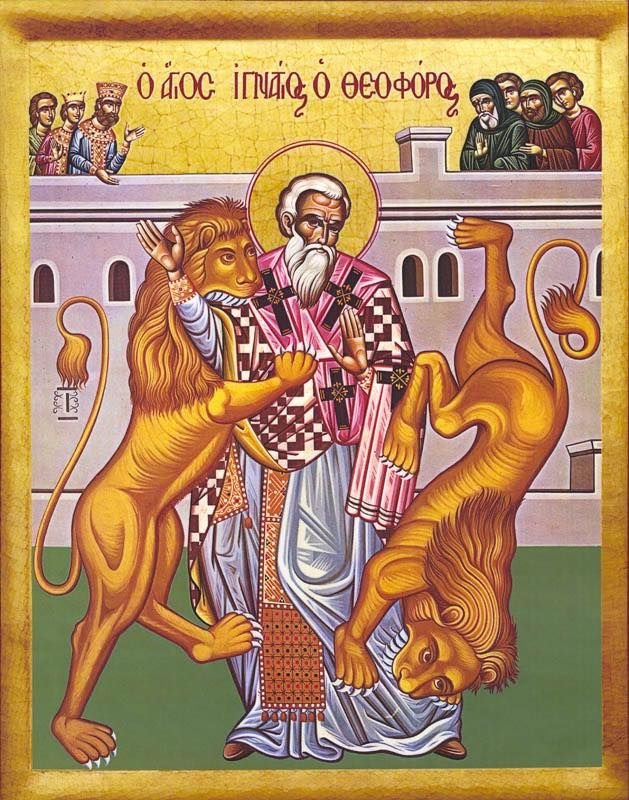One of those who had become a Pilgrim through Faithful’s preaching and persecution was Hopeful, who now joins Christian on the Way, ‘entering into brotherly covenant’. It’s a powerful concept, and one that gives a robustness to the idea of joining in fellowship with other Christians that is sadly lacking in our own day. Covenant is a word we reserve for something of the import of marriage, and the idea that our involvement in a Church family has something of this level of significance is likely to have never occurred to us. Realising it now might have us scurrying for repentance as we consider the ‘looseness’ with which we have sat on even attending Church at times, let alone being so deeply committed to the pilgrimage of others.
Pilgrim’s Progress has often been criticized for underplaying the role and importance of the Church. Reading through this classic again in recent weeks, I’m increasingly unsure this is fair. Undoubtedly, Part II seems more obviously to celebrate travelling as part of a company, and under the care of ‘Mr. Greatheart’, but I am less sure that the place of the Church is quite so lacking in Part I as is often alleged. Not everyone who travels with Christian is genuinely converted, but he is constantly surrounded by other Pilgrims on the Way. ‘Thus one died to bear testimony to the truth, and another rises out of his ashes to be a companion with Christian in his pilgrimage’. Bunyan would not have Christian travel alone.
But one whose confession lacks spiritual reality is Mr. By-Ends. He is from the town of Fair-Speech, and we get a strong sense of its character as we are told of who lives there, among them, Lord Turn-about, Lady Feigning, Mr. Facing-both-ways… But the citizen who bears the most scathing name is ‘the parson of our parish, Mr. Two-tongues’. In case we are in any doubt, Bunyan lays out the over-arching nature of the town: ‘We are always most zealous when religion goes in his silver slippers; we love much to walk with him in the street, if the sun shines and the people applaud him’. Mr. By-ends personifies this attribute exquisitely: ‘I had always the luck to jump in my judgement with the present way of the times, whatever it was…’. In other words, when religion is fashionable, acceptable and even applauded by the world, Mr. By-ends will be found in the pews. But when confessing the Name of Christ, or standing for the implications of that confession ‘goes against wind and tide’, By-ends claims liberty to withdraw from the ranks. Though if he had stayed in his own town, he would have no need, for what he heard from the pulpit would be only the faint echo of all that the world applauded at any rate.
A ‘by-end’ is a subsidiary aim or objective. It has connotations of a secret purpose seeking a selfish advantage. The citizens of Fairspeech have, as their main objective, personal gain, and seek their own promotion. If religion serves that end in any given situation, then they will be religious. When it doesn’t they are as quick to disavow themselves of it. They are those who speak of Christ on Sunday, but not on Monday. They are those who will do ‘mission’ but not ‘evangelism’. Their ‘gospel’ will be framed in terms of whatever the world deems good and respectable, and their doctrine will slip easily into whatever is politically palatable, and socially valued. They are those who are religious in a way that the world finds agreeable (not ‘of the stricter sort’). But because By-ends prizes the acceptance of those around him over his acceptance by Christ, when the two come into conflict, he is quiet and chameleon-like in his religiosity fades into the background. He would use Christ for his own ends, and the Church to serve an ulterior motive. Like a parent who goes to Church to get their child into a local CE School; or perhaps more subtly, the person who has an unspoken transaction with God that if they go to Church, God will ‘bless’ their family… or career… or relationship…
The true Christian will be wary of such as Mr. By-ends (‘a knave in our company’!), and will be justifiably hesitant about cultivating fellowship. ‘If you will go with us, you must go against wind and tide … you must also own religion in his rags as well as in his silver slippers; and stand by him too when bound in irons as well as when he walketh the streets with applause’. When By-ends refuses these terms, which are after all only those laid down by Christ, Christian and Hopeful step back. In spite of By-ends accusations of judgementalism, ’Christian and Hopeful forsook him, and kept their distance before him’.
Questions to Ponder:
How do you think Christian feels about Mr. By-ends’ attitude after everything he (and Faithful) have endured in Vanity Fair?
How can we avoid making Mr. By-ends mistake in ouir approach to Christ? How would we be able to recognise if we had!?






